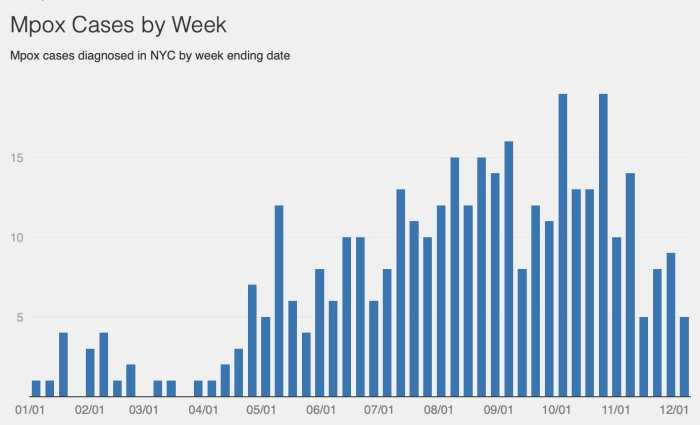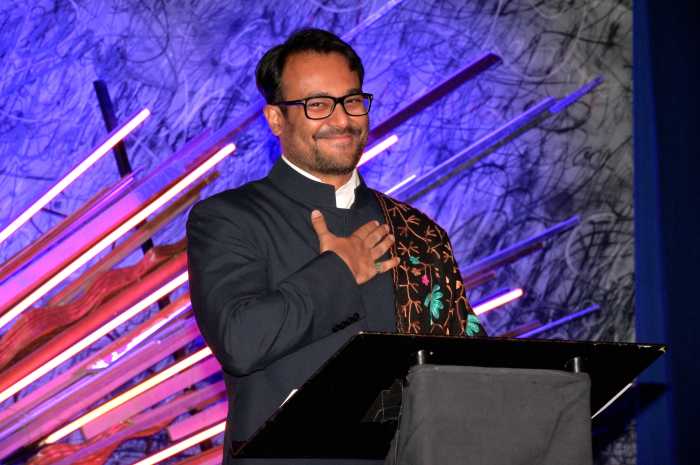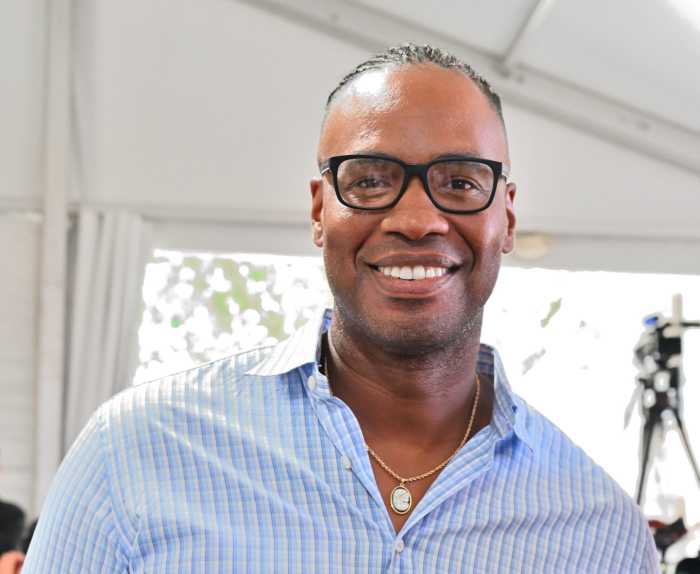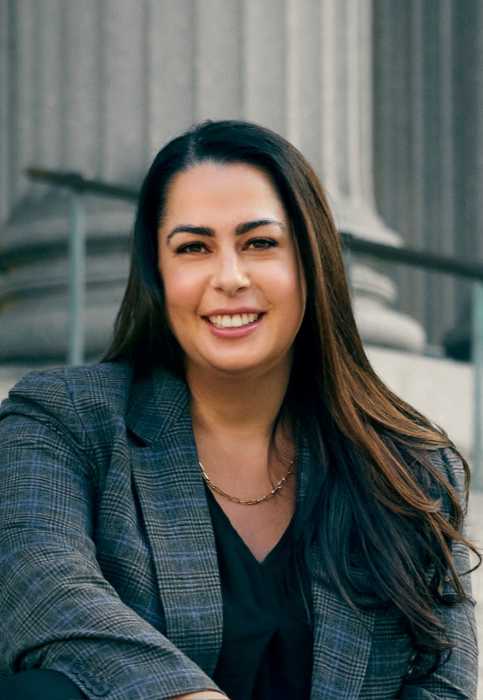Sperm donors don’t need notification when partner gains guardianship
In a unanimous ruling on November 4, the Supreme Judicial Court of Maine stated that a probate court has the authority to designate the members of a same-sex couple as “co-guardians” of the child born to one of them through donor insemination. However, the high court did not actually approve such a guardianship.
The case, referred to as “Guardianship of I.H.,” concerns a petition by the child’s birth mother and her domestic partner. The birth mother was inseminated with sperm obtained from an anonymous donor by a doctor at a California facility. Both women have equally parented the child. Prior to the birth, the women signed a co-parenting agreement as well as a domestic partnership agreement. Those documents stipulate that both women have joint decision-making responsibilities for their child. Furthermore, signed wills designate each woman as the child’s sole guardian in the event that her partner dies.
The women filed a petition in the Kennebec County Probate Court, seeking legal validation for their arrangement. Judge James Mitchell expressed a willingness to recognize the partners’ dual parenting, but indicated uncertainty about two unresolved issues of Maine law: whether the sperm donor, as the child’s biological father, had to be notified, and whether the court could name the birth mother’s partner as guardian of the child without affecting the birth mother’s own parental rights.
The probate judge sought the state’s highest court’s response on these questions before going ahead and granting the guardianship. The high court only answers such questions under limited circumstances, one of them being that the answer to the question is uncertain and must be resolved in order for the case to proceed. The court decided that the first question, about whether to notify the sperm donor, qualified. The Maine legislature has not addressed donor insemination, and the courts have not had much to say about it either.
The Supreme Judicial Court settled for a common-sense answer, deciding that it makes little sense to notify anonymous sperm donors when appointing a child’s guardian, since these men clearly do not seek a role in the child’s life. The court also questioned the practicality of notifying a person whose name and address are unknown.
The high court found that it was inappropriate to issue a formal answer to the second question as phrased by Judge Mitchell, since the answer was clear from the statute. The probate judge had asked, “May the Probate Court appoint a co-guardian with a natural or legal parent?,” something the statute clearly provides.
The high court noted that what women actually wanted to know was “whether the [birth] mother may retain all of her rights and responsibilities with regard to the child if she consents to her partner and herself being named coguardians.”
Since the lower court had not asked for an answer on that particular issue, the Supreme Judicial Court declined to proffer one, but indicated that the probate court does have the power to create either a full or limited guardianship as it sees fit in light of the best interest of the child.
“It is possible that the court could find that a limited coguardianship would be in I.H.’s best interests,” commented the Supreme Judicial Court. “A limited guardianship is a possible disposition that may resolve the petitioners’ underlying question of whether the natural mother retains all of her parental rights.”
The probate court must now determine the best interests of the child before ruling on the lesbian mothers’ petition.
Mary Bonauto, an attorney with Gay & Lesbian Advocates & Defenders in Boston, and Judith Berry, a lawyer in Gorham, Maine, represent the mothers in their proceedings before the Probate Court, and Patricia Peard, a Portland attorney, joined the legal team for the proceedings before the state’s highest court.




































